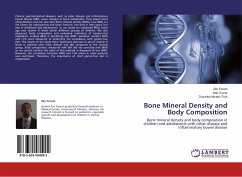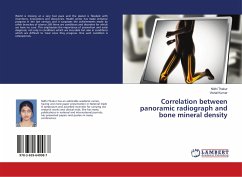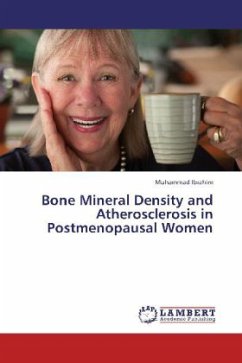Chronic gastrointestinal diseases, such as celiac disease and inflammatory bowel disease (IBD), cause changes in bone metabolism. They impair bone mineralization and can also alter bone mineral density (BMD). Low BMD is a risk factor for osteoporosis and bone fracture, not only in later years, but also in childhood and adolescence. In our study we compared BMD, bone age and vitamin D levels within different groups of children. We also measured body composition and evaluated usefulness of bioelectrical impedance analysis (BIA) in predicting low BMD. Serologic markers EMA and t-TG were measured to determine the compliance with gluten-free diet. The results of the study show significant decrease in serum vitamin D levels in patients with celiac disease and IBD compared to the control group. Body composition, measured with BIA did not correlate with BMD so we cannot confirm the value of this method in diagnosis of low BMD. However, the correlation between BMD and t-TG values in celiac patients was confirmed. Therefore, the importance of strict gluten-free diet is emphasized.
Bitte wählen Sie Ihr Anliegen aus.
Rechnungen
Retourenschein anfordern
Bestellstatus
Storno








